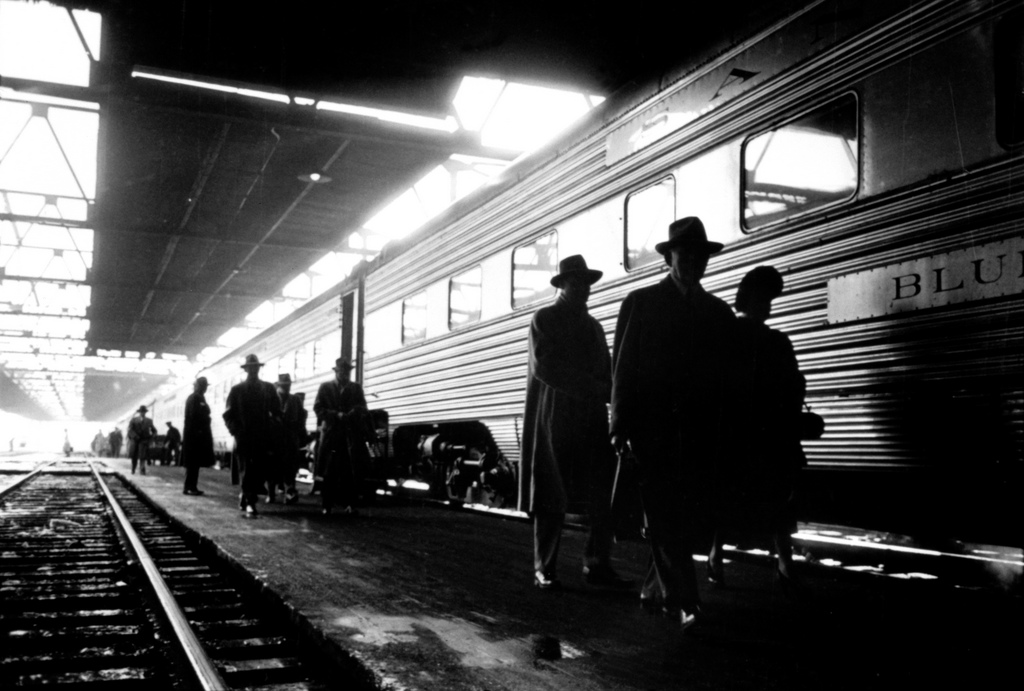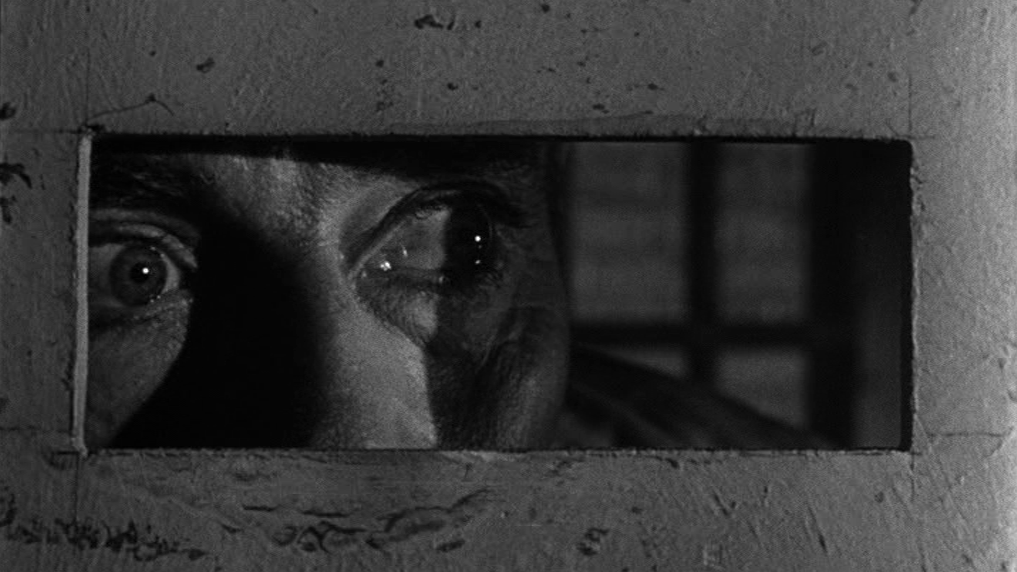In a time when everyone wants to be the next great filmmaker, it can seem daunting to pursue the craft. When considering a path in filmmaking, every aspiring filmmaker should consider a few essential things in order to develop their own style and make a name for themselves in the film industry.
How to Hone Your Style of Filmmaking
Practice, Practice, Practice
To try to discover your own voice as a filmmaker, you must actively make films. It’s similar to a painter creating enough works to know their strengths and weaknesses, along with what they like. In other words, investing time in honing your individual style takes time and practice.
With unlimited amounts of introductory resources out there, there’s no excuse not to get behind the camera and see what you’re capable of doing. You can grab a digital camera or even your smartphone and start learning how you want to tell your stories. This goes beyond only doing film assignments in school and start making personal short film projects of your own.
Find Out What Tools and Techniques You Prefer

It’s impossible to sharpen your individual style without understanding which techniques work best with your ideas. In fact, some of the most prominent and iconic filmmakers in our industry can be defined in part by the type of lenses they use. A film made by Stanley Kubrick, one of the most influential directors in cinematic history, will almost always employ wide-angle lenses, which arguably help his numerous long-tracking shots evoke more emotion.
The more you play with different tools and techniques, the sooner you’ll nail down the combination of things that will make your films unique. You might find that the stories you want to share can make use of extra long takes, also like Kubrick. We also recommend learning what kind of lenses work best for particular types of movies.
Think About The Ideas You Want To Share
Honing your own style goes beyond the technical elements of filmmaking. Once you’ve mastered all the popular camera shots every filmmaker should know, you need to decide why you’re using them in the first place. Almost all of the biggest names in Hollywood showed a trend in terms of ideas and themes they preferred having in their stories, and so should you.
By studying Alfred Hitchcock’s films you’ll notice many recurring plot devices and themes he used throughout his career. These elements, along with his incredible talent as a director and producer, are what helped make him take the movie industry by storm. Film is arguably one of the most powerful storytelling mediums we have today — take advantage of this by injecting some of yourself into your work.
Become Effective At Communicating Your Vision
As an aspiring filmmaker, it’s important for you to realize that making movies is a team effort. Where some TV and cartoons portrayals might give the false impression that a director simply sits in a tall chair and yells action, a real-life director is responsible for many, many things — including making sure that everyone on the team understands the vision, the goals, and the strategy to be achieved. A good director is able to get the cinematographers, actors, and the rest of the crew on the same page so the script comes to life as intended.
There’s nothing worse than having an amazing idea in mind that doesn’t come through in the final cut solely because you failed to communicate it to your team. Getting good at communicating your ideals will help you hone your individual style by seeing it come to fruition time and time again. This is vital whether it’s your first film project or you already have a few under your belt.
Finding Your Artistic Voice at NYFA
What have you discovered about your individual style and voice as a filmmaker? If you’ve covered the basics and are interested in learning more from industry pros, consider exploring NYFA’s hands-on BFA film programs.
